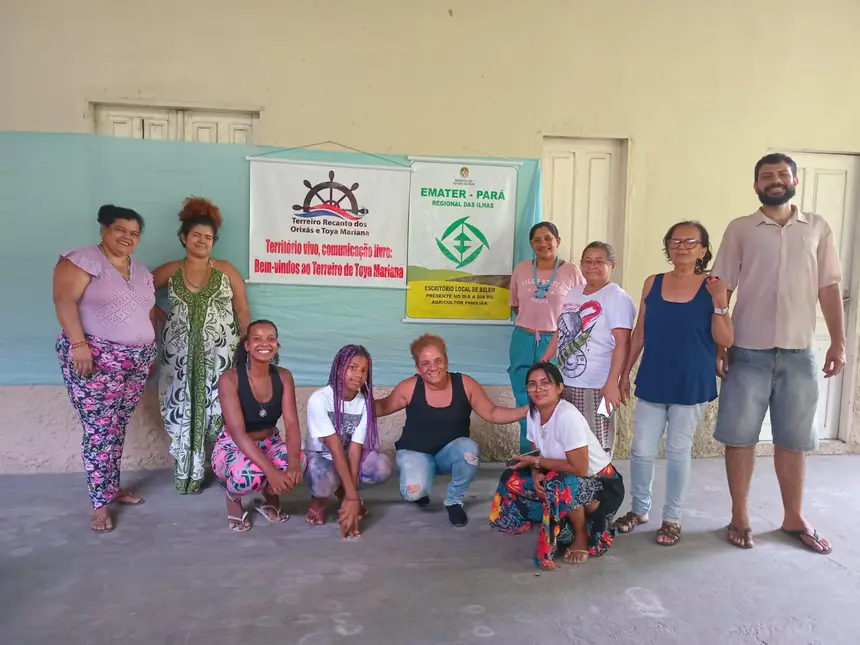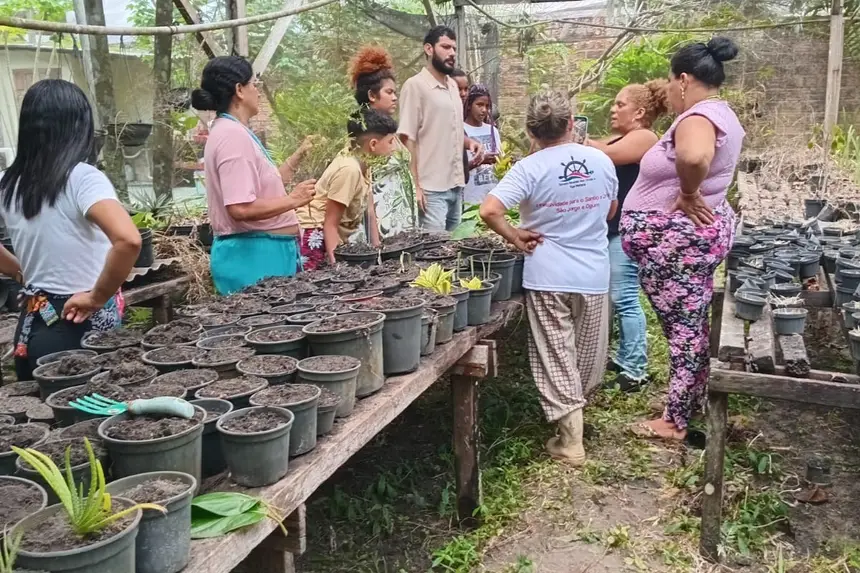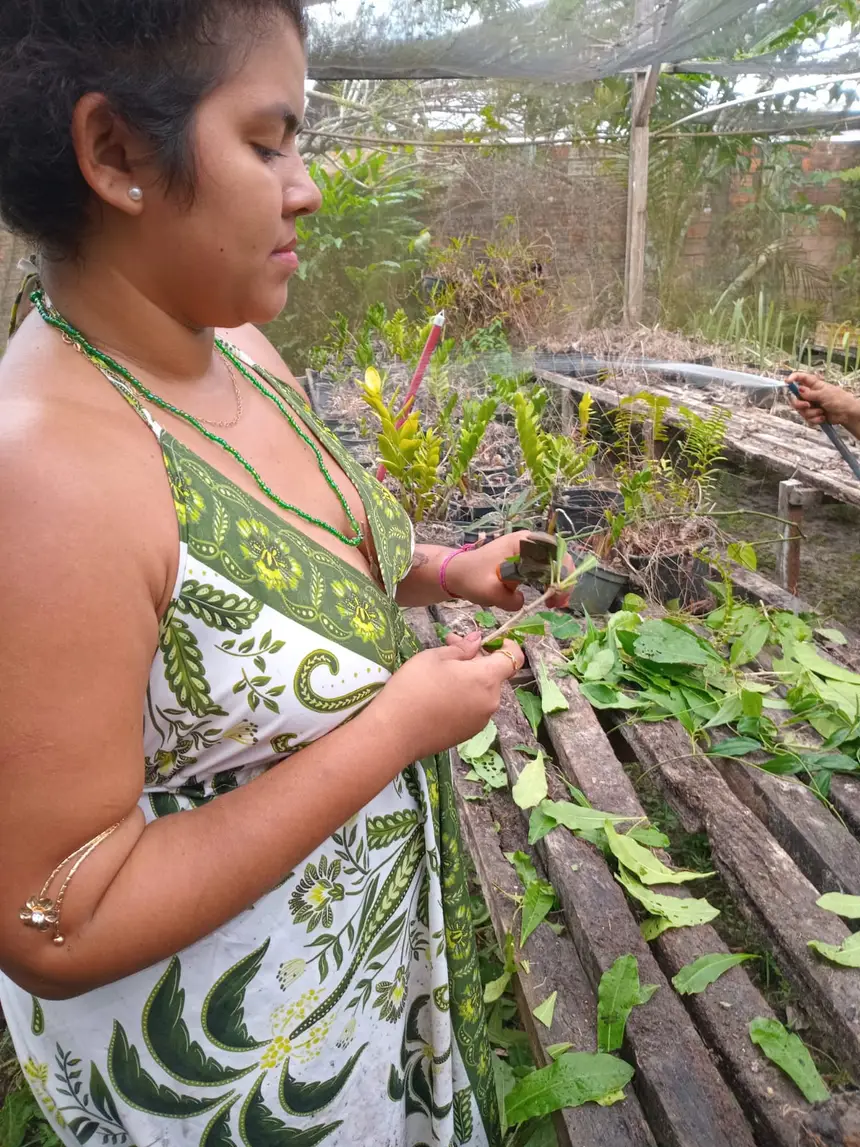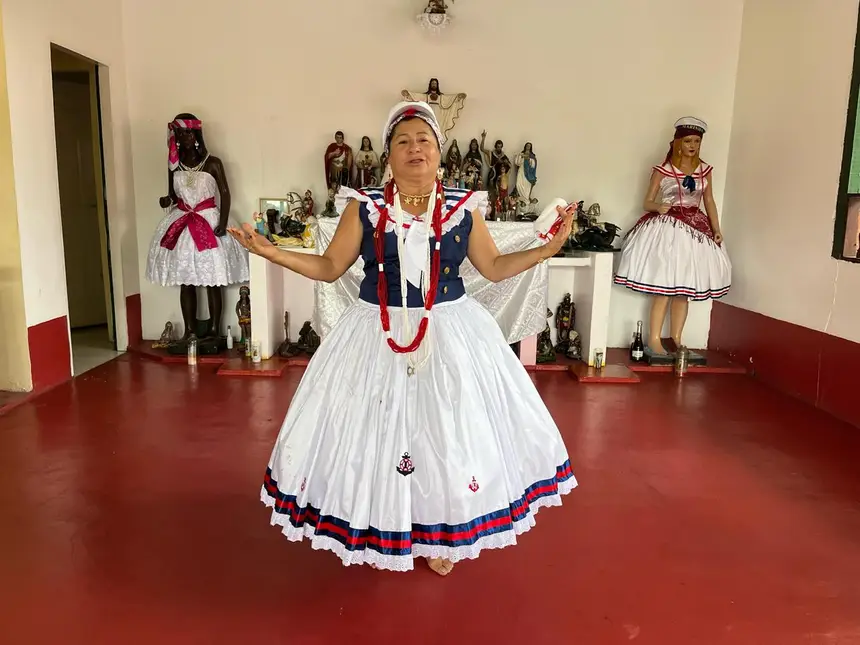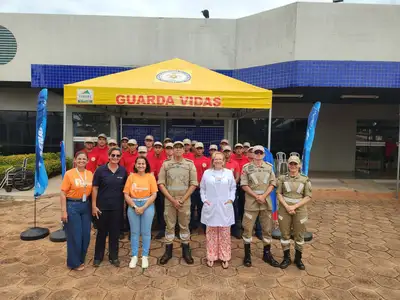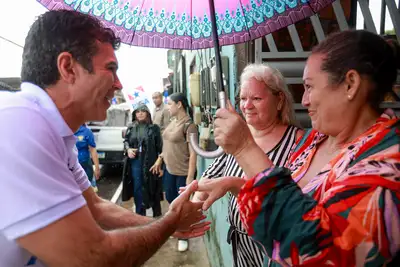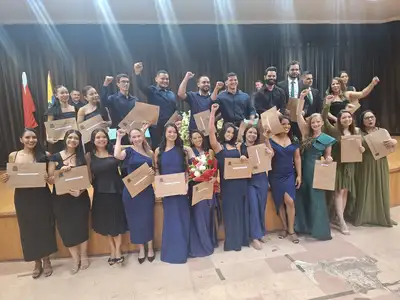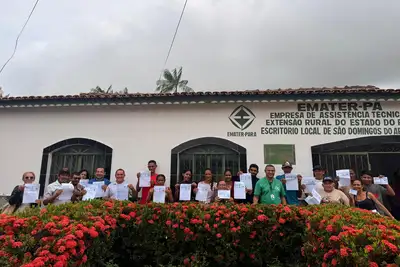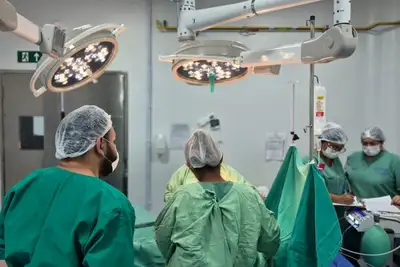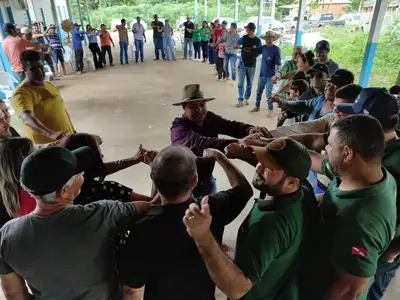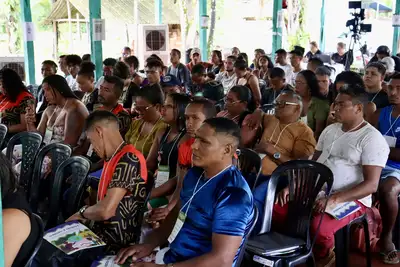With the support of Emater, religious temples maintain greenhouses with medicinal plants
Assistance to traditional peoples of African matrices and temples in the Metropolitan Region of Belém is part of Emater's action planning
With the support of the local office of the Technical Assistance and Rural Extension Company of the State of Pará (Emater) in Belém, the members of the umbanda temple Recanto dos Orixás and Toyà Mariana, in the Outeiro District, are preparing to revitalize greenhouses with medicinal plants.
The goal is that, by the end of the year, the approximately two hectares of the religious unit, in the Água Boa neighborhood, will begin to be occupied with crops of species of ancestral value and use, such as aloe vera and pau-de-angola, so that the harvests can be used in the liturgies.
Twelve leaders of the Orixás and Toyá and of candomblé and mina temples participated, at the end of October, in a workshop on agroecological basics taught by Emater specialists, for the exchange of experiences and technological updates.
The training on area preparation and production of organic compost and seedlings, among other details, will be reinforced continuously in the coming months.
“It is an opportunity to strengthen the social function of our House. We carry out many internal actions and with the surrounding community, in a region of considerable socioeconomic vulnerability: we want to resume distributing soup once a week, for example, which we interrupted due to the difficulties caused by the covid-19 pandemic,” points out the mother of saints Maria Suely Tanaka, 62 years old. In the proper nomenclature, the “House” gathers 32 “children”.
Under the framework of the Policy for Diffuse and Collective Rights (PICD), established internally by Emater in 2022, the field teams of the Government of Pará's assistance to Traditional Peoples of African Matrices and Temples (Potma) in the Metropolitan Region of the capital also foresee the encouragement of food cultivation, such as vegetables and free-range chickens.
“The provision of services to Potma is differentiated in several aspects: the first basis is even the plants themselves. We adapt and understand a popular wisdom with a very strong symbolic aggregation: the groups are deep connoisseurs of the characteristics of each plant. Furthermore, we work with food and nutritional security products that are part of daily life and practices. So it is a joint construction in a visceral meaning: Emater facilitates access to public policies recognizing a historical existence,” summarizes the agricultural technician Taciana Miranda.
Text by Aline Miranda



